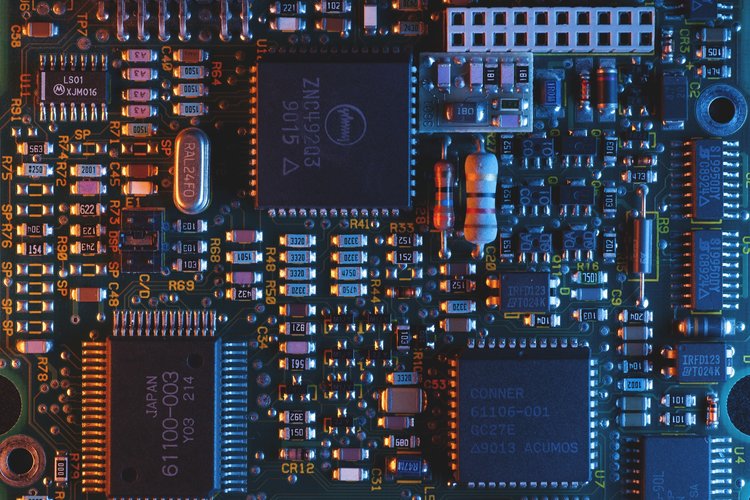Although Robotic Process Automation (RPA), a relatively new software technology used to automate tasks and business processes, has been implemented predominantly in government and the private sector, it is relatively untapped in higher education. Thanks to a 4-VA@Mason grant, that will soon change for Virginia colleges and universities. The RPA Initiative at Mason’s Schar School will be leading the charge with the development of a Community of Practice (CoP) for higher education institutions throughout the state.
Through this software automation, colleges can reduce mundane and tedious work of administrative staff and increase quality assurance. The VA Academic RPA CoP will help institutions of higher learning become familiar with the software automation and provide opportunities to collaborate across the commonwealth to enhance student experiences. The CoP will be a collaborative effort among all Virginia schools of higher education to also overcome the technical, management, and operational challenges that arise in designing and deploying effective RPA programs and initiatives. This includes important initiatives like designing common standards for credentialing, ensuring privacy and security, and designing common performance metrics to gauge RPA’s institutional impact to increase effectiveness and efficiency.
“Bringing innovative thinking to our academic partners across the commonwealth is the hallmark of 4-VA. We believe that the Academic RPA CoP will deliver important resources which will not only save money for participating institutions, but also create a higher level of quality control,” says Janette Muir, Vice Provost, Academic Affairs, and 4-VA@Mason Campus Coordinator.
The technology is already employed at three 4-VA schools — at George Mason for Vendor Management, at William and Mary for Student Engagement and at Virginia Commonwealth University for Grant Management — with great success. At Mason, RPA technology reduced the vendor management process from 15-20 hours per week to just minutes, saving employees valuable time and increasing productivity. Additionally, the software digital automation reduced human error rates to zero and increased data entry accuracy to 100%.
The RPA Initiative envisions that the technology could be employed in a wide variety of departments, including Admissions, Student Services and Athletics. “We are eager to launch this pioneering project and look forward to helping determine how RPA can aid the academic sector through knowledge sharing, webinars, speakers, “best practices,” and updates on programs which could be automated to reduce repetitive work done today by academic personnel,” said Dr. David Rehr, Co-founder of the RPA Initiative.
For more information and to get involved, visit https://rpa-va.us/

